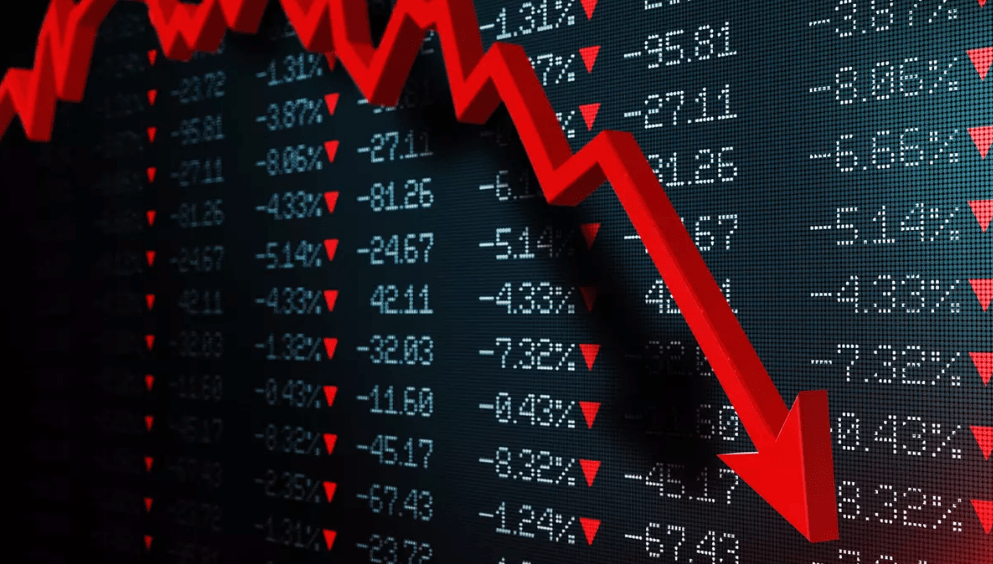Strategies to protect your Investment during an economic downturn

Economic downturns such as recessions or financial crises can significantly impact investments.
Stock prices fall, businesses struggle and inflation or job losses can create financial uncertainty. However, investors can take steps to protect their assets and minimize losses during such times.
Below are some key strategies to safeguard investments during economic downturns.
Diversify Your Portfolio
Diversification is one of the best ways to reduce risk during an economic downturn. Instead of putting all your money in one type of investment, spreading funds across different assets such as stocks, bonds, real estate and commodities can help balance losses in one sector with gains in another. For instance, when stocks decline, government bonds or gold may perform well, offering stability.
Invest in Defensive Stocks
Certain industries tend to remain stable even in difficult economic times. Defensive stocks belong to sectors that provide essential goods and services, such as healthcare, utilities, and consumer staples. Companies like pharmaceutical firms, electricity providers and food manufacturers continue to generate revenue even during recessions. Investing in these stocks can provide steady returns while limiting losses.
Hold More Cash or Liquid Assets
During economic downturns, having cash or highly liquid assets (such as money market funds) is crucial. Cash provides flexibility to cover emergencies, pay bills or take advantage of new investment opportunities when asset prices drop. Holding a portion of investments in cash equivalents ensures financial security and prevents the need to sell stocks or property at a loss.
Reduce High-Risk Investments
High-risk investments, such as speculative stocks, cryptocurrencies or highly leveraged assets, tend to be more volatile during economic downturns. While these investments can offer high returns during economic booms, they can lead to significant losses during recessions. Reducing exposure to such assets and focusing on more stable investments can help protect capital.
Invest in Bonds and Fixed-Income Securities
Bonds, especially government bonds, are generally safer during economic downturns because they provide fixed interest payments. Corporate bonds from financially stable companies can also offer good returns. Fixed-income securities help balance investment portfolios by providing consistent income when stock markets are declining.
Reassess and Rebalance Your Portfolio
Market conditions change during downturns, which means investors should regularly review and adjust their portfolios. Rebalancing involves selling assets that have become too risky and reinvesting in more stable options. This process helps maintain a balanced risk level and protects long-term financial goals.
Focus on Long-Term Investing
Economic downturns are temporary, and markets eventually recover. Instead of making impulsive decisions based on fear, investors should focus on long-term goals. Historically, stock markets have rebounded after every recession, rewarding those who remain patient. Investing in strong, well-established companies with solid financial performance can help weather economic challenges.
Increase Emergency Savings
Having an emergency fund is essential, especially during uncertain economic times. An emergency fund covering 3–6 months of living expenses can prevent the need to sell investments at a loss if personal finances are affected. Keeping savings in a high-interest account or money market fund ensures easy access to cash when needed.
Protecting investments during an economic downturn requires a strategic approach. By following these strategies, investors can navigate economic uncertainty with confidence and financial stability.











